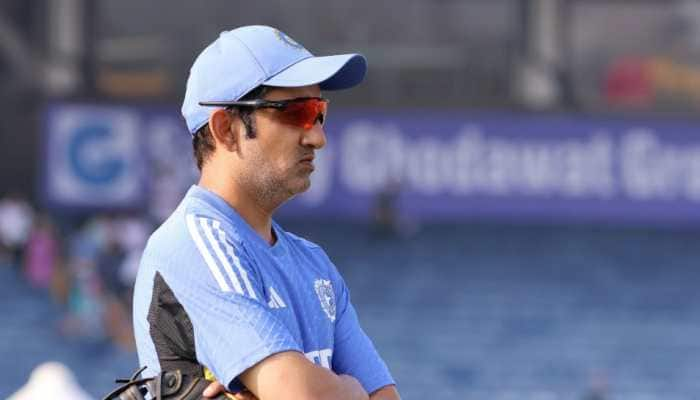Lok Sabha Passes Bill To Curb Cheating, Fraud In Public Exams, All You Need To Know
The Public Examinations (Prevention of Unfair Means) Bill, 2024, which aims to crack down on cheating and fraud in government recruitment exams and competitive entrance tests.
Trending Photos
)
New Delhi: The Lok Sabha on Tuesday passed the Public Examinations (Prevention of Unfair Means) Bill, 2024, which aims to crack down on cheating and fraud in government recruitment exams and competitive entrance tests. The bill covers exams conducted by the Union Public Service Commission (UPSC), Staff Selection Commission (SSC) and entrance tests such as National Eligibility cum Entrance Test (NEET) and Joint Entrance Examination (JEE). The bill exempts bonafide candidates and students, as defined in the bill, from any action under its provisions.
The bill was introduced in the lower house by Minister of State for Personnel and Training Jitendra Singh, who said that the bill was intended to protect the interests of deserving students and candidates. “This is above politics and concern which deals with the daughters and sons of this country, which we all of us should share. There are few doubts as we have not read the bill thoroughly. Firstly I want to clear that the students or the candidates do not fall in the purview of this legislation. This bill is for those who indulge in unfair means and adversely impact the public examination system for wrongful gains,” he said.
The bill comes in the backdrop of several cases of malpractices and irregularities in public exams, such as paper leaks, impersonation, use of solver gangs and hacking of digital platforms, which have affected the credibility and fairness of the exam system and caused hardship to genuine aspirants. The bill seeks to address these challenges by creating a legal framework to prevent, detect and punish such offences.
What are the key features of the bill?
It defines unfair means as any act or omission that gives an undue advantage to a person or group of persons in a public exam or affects the conduct of such exam. It includes acts such as copying, cheating, impersonating, using unauthorized material or devices, tampering with answer sheets or question papers, leaking or obtaining confidential information, hacking or disrupting digital platforms, and abetting or conspiring with others to commit such acts.
It prescribes penalties for different categories of offences, ranging from imprisonment of six months to 10 years and fine of Rs 50,000 to Rs 1 crore, depending on the nature and gravity of the offence. The penalties are higher for repeat offenders and for those who commit offences in exams related to national security, defence or civil services.
It empowers the central government and its agencies to appoint examiners, invigilators, observers, supervisors and other personnel for the conduct of public exams and to issue guidelines and directions for ensuring the security and integrity of such exams.
It provides for the establishment of a National Technical Committee on Public Examinations, which will be responsible for developing protocols and standards for the use of technology in public exams, such as ensuring cyber security, electronic surveillance, foolproof IT systems and service levels for both IT and physical infrastructure.
It also provides for the constitution of special courts for the speedy trial of offences under the bill and for the appointment of special public prosecutors for the prosecution of such offences.
How will the bill benefit the students and candidates?
The bill is expected to bring more transparency, fairness and credibility to the public examination system and to reassure the students and candidates that their hard work and merit will be duly recognized and rewarded. The bill will also deter the anti-social and criminal elements who exploit the loopholes and vulnerabilities in the exam system and cause harm to the future of the youth and the nation.
The bill is also in line with the various reforms introduced by the government to improve the efficiency and effectiveness of the exam system, such as introducing self-attestation, reducing the exam cycle, abolishing interviews for lower-level posts, conducting computer-based tests and issuing digital appointment letters under ‘Rojgar Mela’.
Stay informed on all the latest news, real-time breaking news updates, and follow all the important headlines in india news and world News on Zee News.
Live Tv







)
)
)
)
)
)
)
)
)
)
